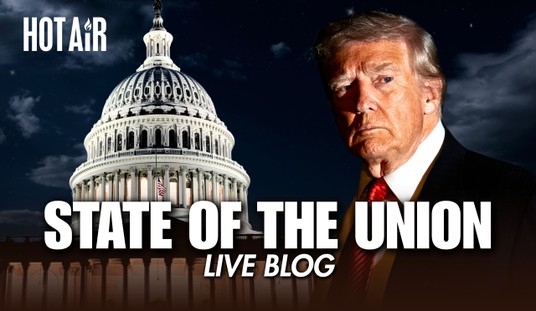In an outright rejection of the corruption, incompetence, inefficiency, dynastic politics, and welfare-state promises of the now formerly ruling Congress Party, Indians turned out in record numbers over the past five weeks to vote in parliamentary elections that propelled the pro-business Bharatiya Janata Party (BJP) and Prime Minister-Elect Narendra Modi to not merely the expected victory, but a total landslide. India has been struggling beneath an economic crisis of high inflation and too little job growth to keep up with the booming population, while Modi has been the governor of the relatively prosperous and growth-oriented Gujarat state for over a decade (Texas is a very rough but probably the closest U.S. comparison we could use) — and Indians are ready to embrace the economic model on which he focused his campaign:
Narendra Modi thundered to victory on Friday in India’s election, trouncing the ruling Nehru-Gandhi dynasty in a seismic political shift that gives the Hindu nationalist and his party a mandate for sweeping economic reform.
Modi’s landslide, the most resounding election victory India has seen in 30 years, was welcomed with a blistering rally on India’s stock markets and raucous celebrations at offices across the country of his Bharatiya Janata Party (BJP), where supporters danced, let off fireworks and handed out sweets.
The BJP looked certain of a parliamentary majority, giving the 63-year-old former tea-seller ample room to advance reforms started 23 years ago by current Prime Minister Manmohan Singh but which stalled in recent years.
Speaking to a sea of people dressed in the party’s official orange colors and chanting his name in his home state of Gujarat, Modi thanked the nation, and immediately addressed concerns his pro-Hindu leanings would sideline minorities.
“The age of divisive politics has ended, from today onwards the politics of uniting people will begin,” Modi said. “We want more strength for the wellbeing of the country … I see a glorious and prosperous India.”
Concerns about his Hindu nationalism could very well be warranted; Modi has been on the United States’ list of people disallowed from obtaining a visa since 2002, on suspicion that he didn’t do anything to stop rioting in his region that killed a thousand Muslims (an often unpopular minority in India), and the caste and identity politics with which Modi has a pretty sketchy reputation are still very much a thing in India.
Still, the WSJ editors are tentatively optimistic that Modi will bring back some of the economic reforms and open markets that gave India a taste of major growth in the 1990s and 2000s and put the country back on track:
In parliamentary elections that lasted five weeks and counted some 550 million ballots, Indians put their faith in a party promising economic opportunity and better governance over the traditional Indian formula of welfarism, patronage, corruption and hostility to foreign competition.
Mr. Modi will be the first Prime Minister to govern without a coalition in nearly 30 years, and he has a rare mandate to enact market-opening reforms that had stalled under the government of Prime Minister Manmohan Singh. Indian equities soared on the news, though there’s also a risk that he could attempt to implement a Chinese-style version of state capitalism on a country that lacks Chinese-style political controls.
Mr. Modi’s record offers reason for optimism. As governor for 13 years of Gujarat state, he was the archetypal energetic executive, forcing through approvals of new projects and welcoming foreign investment. Gujarat now accounts for 25% of India’s exports, and the poverty rate has plunged. As the son of a tea-seller, Mr. Modi also has a gut sense of the economic aspirations of ordinary Indians.









Join the conversation as a VIP Member